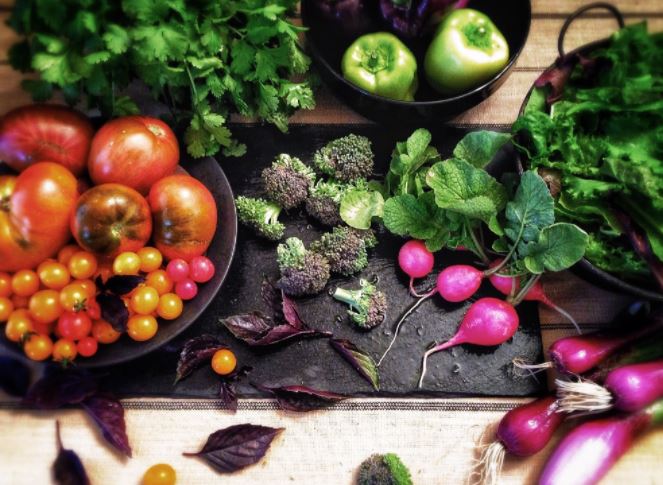 Newly opened restaurants and the existing ones that aim to reinvent themselves in innovative ways are always looking to add something new and exciting to their menus. Meanwhile, healthy food and healthy living are all the rage right now. And because of this, one of the best ways to get ahead of the competition and be the talk of the town is by buying natural organic wholesale products produced locally and using them as your ingredients.
Newly opened restaurants and the existing ones that aim to reinvent themselves in innovative ways are always looking to add something new and exciting to their menus. Meanwhile, healthy food and healthy living are all the rage right now. And because of this, one of the best ways to get ahead of the competition and be the talk of the town is by buying natural organic wholesale products produced locally and using them as your ingredients.
Organic restaurants provide a great opportunity for organic farmers, handlers, and restaurant owners to promote healthy local produce and enhance the community’s quality of living as a whole.
Here are more reasons why restaurants transitioning to organic produce is good for business.
Organic Food Is the Trend Right Now
Organic food used to be a luxury and something very rare. But now, Australia sees an exponential 13% growth rate in organic food consumption since 2012, with the annual growth rate being as high as 20-30%.
Reports show that about 60% of the households opt for organic produce for their everyday consumption indicating that consumers are savvy about their food preferences. These reports also show that organic food is here to stay, and restaurants would boom by having their dishes prepared using natural products. When consumers are this passionate about the quality of their food and health, restaurants must get on board with them.
This Trend Can Make the Restaurants Competitively Profitable
Although organic food costs a little more than conventionally produced products, the restaurants have to invest in it, as they can rest assured that the customers would be willing to pay the extra cost for the pure chemical-free meals.
Surveys also support that consumers are willing to pay 10% more at green restaurants that serve locally grown organic food. Meanwhile, being one of the few restaurants that serve natural foods is bound to attract more customers, beating the competition.
The Food Produced Is More Appetising
What makes people love their grandma’s cottage pie, sausages, and pastries? It’s the freshness they have that comes from the produce. Offering conventional food prepared using non-organic products does not create the same effect. Rather, the customers will know that they consume meals possibly containing antibiotics, hormones, pesticides, and other chemical additives.
Natural and sustainably produced food by certified vendors would be free of all the above factors making it more fresh, wholesome, and delicious.
Organic Food Is Sustainable and Environmentally Conscious
Compared to the regularly sourced food, growing organic products has a significant benefit to the planet earth. Organic agricultural practices include sustainable irrigation and fertilization like crop rotation, tillage, intercropping, mulching, manuring, biological pest control methods, and green manures.
These methods help build strong and healthy soil that retains nutrients in the soil as it prevents soil infertility. It also helps conserve water and make the water supply efficient. Organic farming endorses healthy biodiversity resulting in less water and air pollution. Therefore, when they invest in organic food, the restaurants and customers can rest assured that they contribute a little to protect the environment.
An Opportunity to Present a Creative Menu
Living in a time where fast-food chains are the norm, restaurants have the challenge of creating a unique menu that gives a fresh look and a novel taste to the customers at a reasonable cost. And the best way to achieve this is to go local and buy natural organic wholesale produce, as there will be a wide variety of fresh produce available every season. This can provide an excellent opportunity for the chefs to create new dishes and keep the menu unique.
In short, make the restaurant stand out in the buzzing city crowd by going natural with delicious dishes prepared from organic produce.





